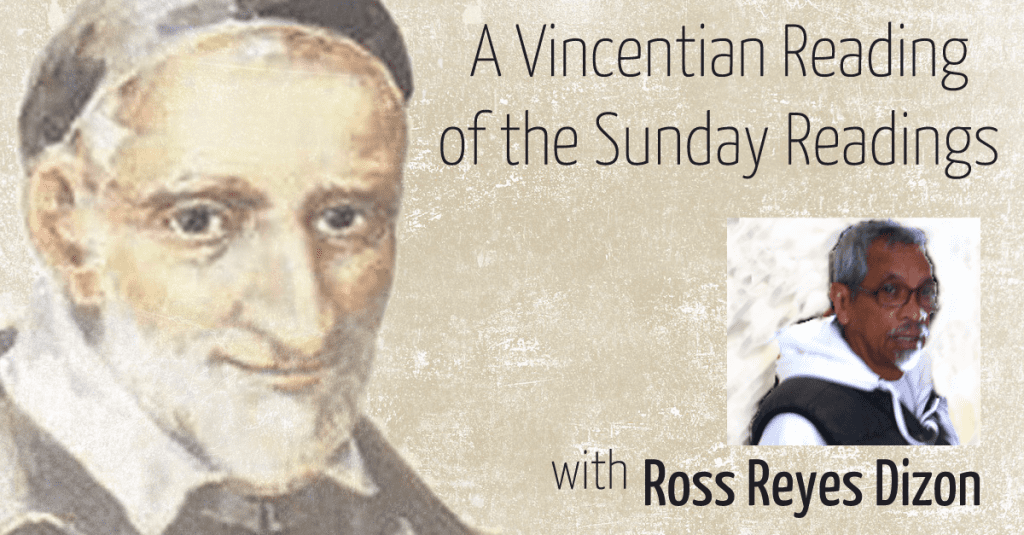Thirty Fourth Sunday in Ordinary Time: Jesus Christ, King of the Universe (B), November 22, 2015 – Dan 7, 13-14; Rev 1, 5-8; Jn 18, 33b-37
He has made us into a kingdom (Rev 1, 6)
Christ is King because he serves and gives his life for all in a perfect and unsurpassable way; he is first by being the last and the servant of all.
It is an amazing kingship, out of the ordinary, out of this world. In the world, as is well known, those who are ordinarily recognized as rulers lord over their subjects.
Hence, Jesus clarifies, while giving witness to the truth before someone who does not know what truth is: “My kingdom is not of this world.” If it were, he explains, his attendants would be fighting for him.
Christ’s kingdom does not come from this world, though it is surely here. Nor is it like worldly kingdoms, where everything is resolved by the violent and savage principle that “might is right.” Things that pertain to God’s kingdom “are gentle and peaceful, inclining us lovingly toward the good he desires of us,” to use a phrase from St. Vincent de Paul (SV.FR IV:596).
And in the kingdom that is embodied by the Son of God, hungry, thirsty, naked, sick, a stranger, a prisoner among us, those who matter are the poor. It is as though these persons are a sacrament of the humble beginning of the unstoppable kingdom (cf. SV.FR II:281; V:487). Assisting them, we are assured of the inheritance of the kingdom.
It must also be noted that the mysteries of the kingdom are not revealed to the learned, but to the childlike. And instructed about the kingdom, these bring out of the storeroom things old and new; they hardly pit the present against the past. They imitate their King who renews all things in himself, seeing to it that they are in accord with what his Father has wanted from the beginning.
And Christ the King does not only have a predilection for the underdogs of the world, compensating the late arrivals in the vineyard as generously as he does the early arrivals, underscoring thus the complete contrast between the petty meritocracy of the world and the overflowing goodness of God (cf. this papal homily). He indicates, moreover, that those assured of the gift of the kingdom shall lack nothing, which gives them the courage to meet the challenge, “Sell your belongings, and give alms.”
Indeed, those who are that courageous are guaranteed an imperishable and inexhaustible treasure in heaven. And since they still hope, they do not judge before the appointed time; they let the weeds and the wheat grow together until harvest time, when those who will not inherit the kingdom will be definitively separated from those who will inherit it.
Hopeful and vigilant we proclaim, Lord, your death until you return. Make us sit at your table when you come.
Ross Reyes Dizon








0 Comments